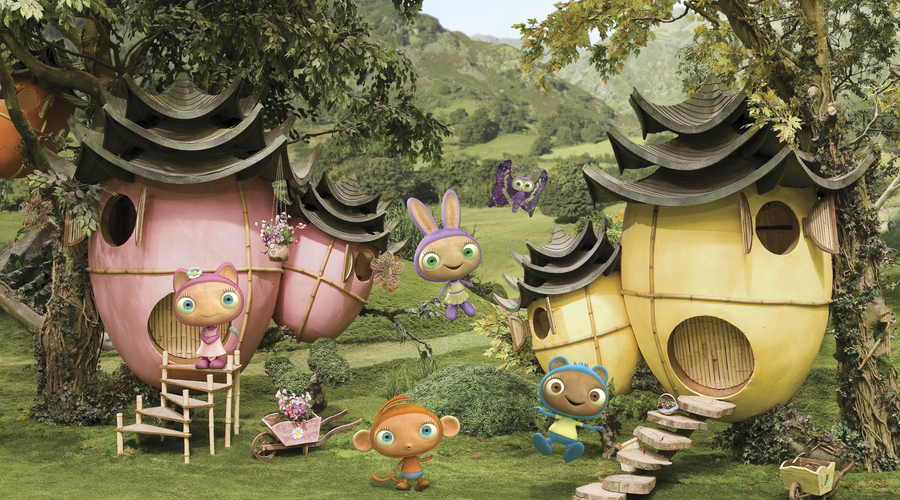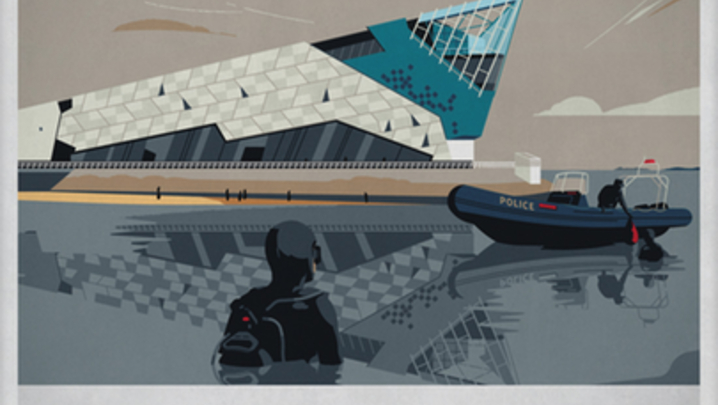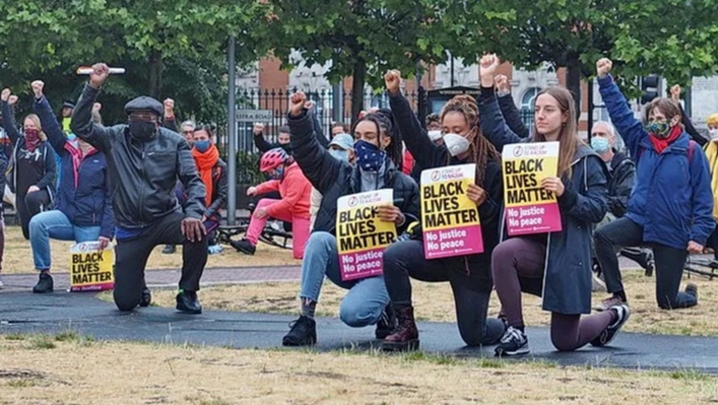A new fund, aimed at reinvigorating kids’ TV, launched in April. Maggie Brown investigates
In March 2018, CBeebies pulled off a spectacular staging of The Tempest, a pacy version that preserved all the best “O brave new world” lines, while gripping its audience of under-sevens.
They rippled with spontaneous laughter as Caliban and Trinculo, the comic jester, sparred. Then sat in hushed, wide-eyed amazement as Ariel performed magic. Prospero was played with solemnity by Patrick Robinson, the Lamda- and Royal Shakespeare Company-trained actor, best known to millions for Casualty, who helped transform The Tempest into a family television show appealing to both tots and grandparents.
He was balanced by Captain Swashbuckle, a CBeebies entertainment character, acting as William Shakespeare’s helper, and presenter Justin Fletcher.
CBeebies had worked its passage towards this triumph with A Midsummer Night’s Dream two years previously. It adopted the slogan, “CBeebies loves Shakespeare”, and demonstrated that public service broadcasting can enthral very young audiences on modest funding.
This helps to explain why the RTS Programme Awards recently named CBeebies Channel of the Year.
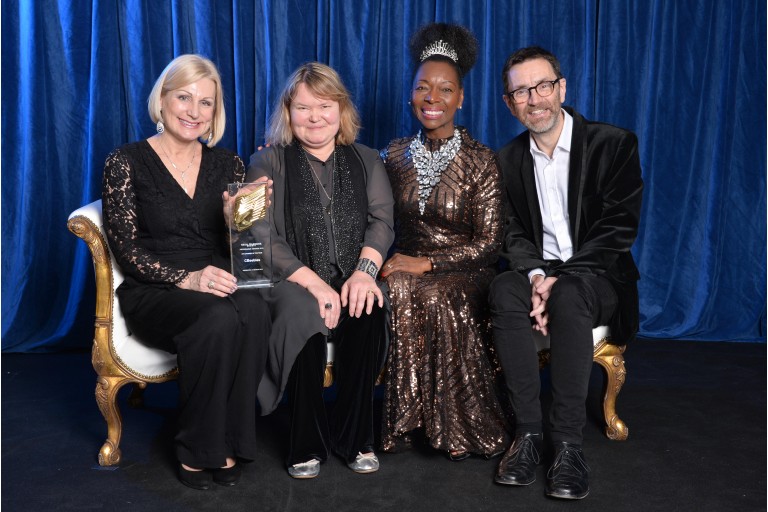
the RTS Programme Awards 2019
(Credit: Richard Kendall/RTS)
Despite this celebration of CBeebies’ good works, there has been a 40% decline in original British children’s programming over the past decade. The malaise has been spreading since 2003, after transmission quotas were removed, and restrictions on the advertising of fizzy sugary drinks and junk food in 2006 hit funding for commercial PSBs. This was compounded by the 2008 recession.
More recently, however, the Government has rallied to the children’s TV cause: tax breaks for children’s programmes were introduced in 2014; Ofcom was handed new powers to impose mandatory quotas on commercial PSBs in 2017; and the producers’ organisation Pact has campaigned on the issue.
Ofcom’s 2018 report, “Children and Parents: media use and attitudes”, which showed that children were moving en masse to the unregulated YouTube, also made a big impact.
The Government’s latest response is the new Young Audiences Content Fund (YACF), an initiative designed to encourage the commercial PSBs – ITV, Channel 4 and Channel 5 – “back to the table”, as well as bolstering S4C and BBC Alba, and injecting variety into a mix currently dominated by cartoons.
A pilot three-year scheme was launched quietly on 1 April. A modest staff of seven, divided between Manchester and Leeds, is headed by the respected and energetic ex-BBC Children’s executive Jackie Edwards, who started work on 25 February.
The fund will finance up to 50% of each qualifying project, provided it has secured a free to-air broadcast commission. Promising a 12-week response to applications, YACF is run under the aegis of the BFI, with deputy chief executive Ben Roberts taking a close interest.
The controversial part is the fund’s source: £57m of licence-fee money diverted from the BBC’s 2006 settlement for digital switchover (plus £3m for audio). This “top slicing” to fund children’s television initially raised hackles: The Voice of the Listener & Viewer said it was “not a very good idea”. The BBC remains tight-lipped on the development. Disney declines to comment.
Anna Home, Chair of the Children’s Media Foundation, which fruitlessly campaigned for a subsidy solution that did not “rob Peter to pay Paul”, is keeping a watchful eye on the YACF stakeholder committee. “The broadcasters have stepped up, the will is there to make it happen, give it a go. It is good for the BBC to have some competition,” she said.
Successive culture secretaries, including John Whittingdale and Karen Bradley, have backed the principle of a contestable children’s fund: Bradley ordered a consultation/policy paper on the matter at the close of 2017, just before she left the job.
Margot James, minister for the digital and creative industries, said last June that “more needs to be done to protect children from online harm”. The fund, she said, was “just one part of a broader Government effort to stimulate the children’s TV market”.
Aside from the DCMS, political pressure has been coming from the House of Lords. One of the leading figures here has been Floella Benjamin, a tireless lobbyist for children’s TV.
Of her decision to take on the project, Jackie Edwards, previously head of acquisitions and independent animation at CBBC, says “It was no small decision – I loved the BBC, but it was an irresistible opportunity. The decline over 10 years was quite devastating. Here was an opportunity to try and put it right in some ways, a new big bold idea.”
The fund has been designed with deliberately flexible rules (see box). “As this is a pilot, we can change things,” noted Edwards. Five per cent has been set aside for new content in Welsh and Gaelic. Another 5% will be for developing new talent. These projects don’t need to have a broadcaster attached, and Edwards hopes to fish in the BFI’s nationwide network for the latter.
YACF’s funds do not stretch to the creation of any new platforms. So winning the support of existing broadcasters has been crucial: the pilot’s decisions will “inevitably be led by broadcaster commissioners”, says Edwards. A priority is making the biggest impacts on audiences, and the hope is to find breakthrough hits.
Eligibility for the cash depends on a project receiving a commitment to broadcast from an Ofcom-licensed and free-to-air platform for the first transmission. European-owned subsidiaries can apply if they have UK operations. But the scheme is openly aimed at ITV, Channel 4 and Channel 5. Any content that receives funding needs to be easily found in the broadcasters’ linear schedules and VoD sites.
“Netflix doesn’t need this money,” Edwards points out. She expects a “quite good even spread of spending across the age groups, up to 18. There is a lot of interest in different genres”.
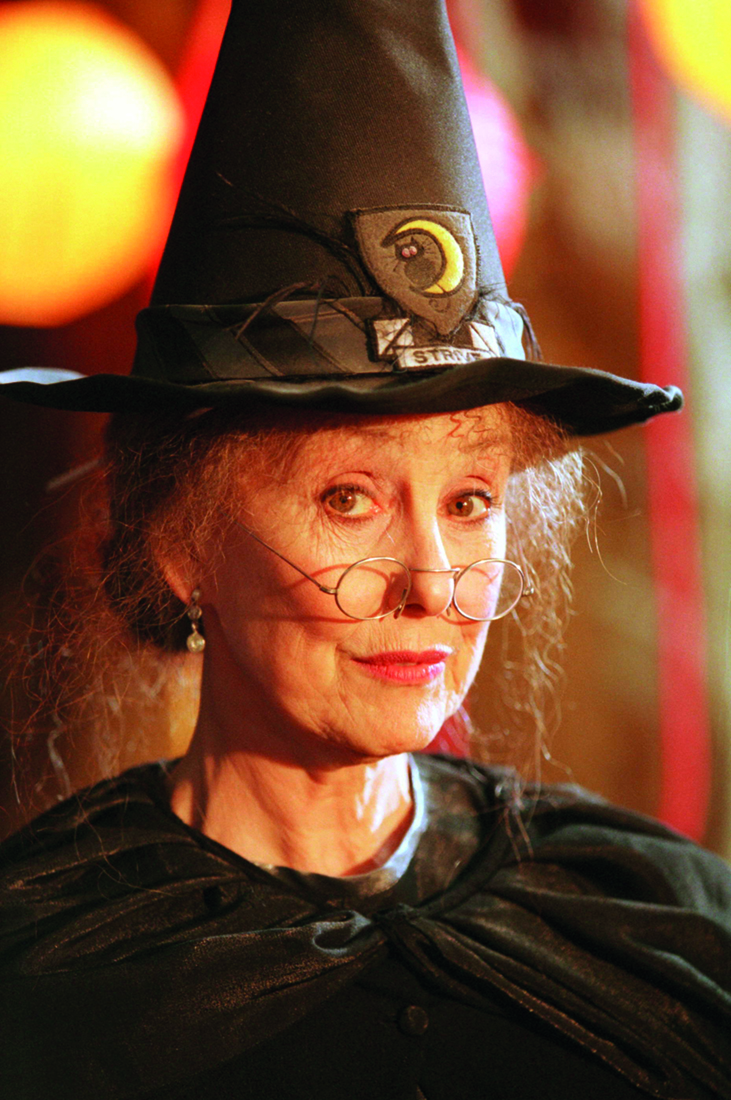
(Credit: ITV)
YACF does not expect to own intellectual property. The attached broadcaster will be expected to buy a licence from the producer.
At a first public discussion on 11 April, Paul Mortimer, the head of ITV digital channels, including CITV, noted that the channel “had not had drama for some time and maybe it could get back to some. We have one project with [the fund] and we have more ideas going forward. The door to me is open”.
At the same event, Sarah Lazenby, Channel 4’s head of features and formats, said that it would be “nice to dig deeper” into its remit to cater for 16- to 18-year-olds.
S4C’s children’s content commissioner, Sioned Wyn Roberts, hoped to obtain funding for a teen drama and/or a comedy for 6- to 12-year-olds, while BBC Alba commissioner Bill Macleod, argued that “there is a great gap in live action. This is a fantastic opportunity.”
The broadcasters, meanwhile, are holding their cards close to their chests. Lime Pictures, which supplies Hollyoaks to Channel 4 and Free Rein to Netflix, says: “We are very much interested and have already had positive discussions with ITV and Channel 4.” The producer has a variety of pilots in development.
Another player interested in shaping the YACF’s spending priorities is the International Broadcasting Trust. In its recent report “The challenge of children’s television”, the organisation lamented the lack of access to truthful programming for children about the wider world.
Many questions remain. How will the fund fit with the lengthy timescales of television production, especially for scripted shows? And is it too little, too late?
Edwards, hoarse from explaining the pilot to callers by the time we talk, is in Blue Peter can-do mode. Her rallying cry is: “Let’s deliver something to be noticed.” She senses that there could be life after the pilot, provided that the £57m challenge works.
One thing, though: perhaps it needs a better name?
Young Audience Content Fund
Four objectives and…
- Supports the creation of high-quality content for audiences up to age 18
- Contributes to funding programmes shown on TV and online platforms that have public service values
- Supports content that reflects the experiences of children and young people growing up in the UK today
- Covers entertainment, education, factual, fiction and drama, arts, culture and religion
… four criteria for funding
- Informs our understanding of the world
- Stimulates knowledge and learning
- Reflects the UK’s cultural identity
- Represents diversity and alternative viewpoints

